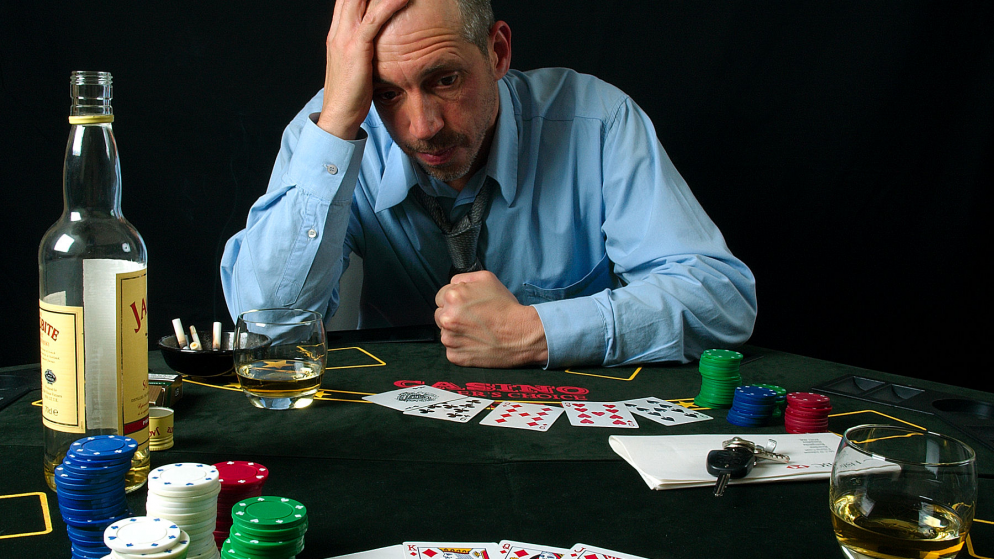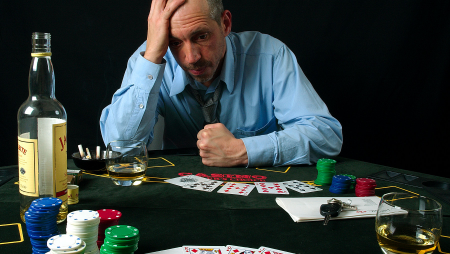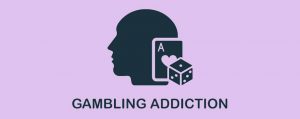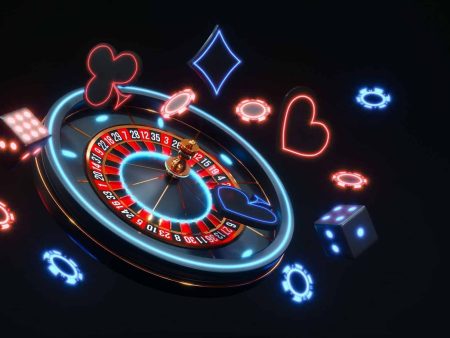

Gambling is a popular pastime that is enjoyed by millions of people around the world. For most people, gambling is a fun and harmless activity that they engage in on occasion. However, for some individuals, gambling can become a problem that leads to addiction. Collecting all available information, we have prepared for you an article in which we have tried to cover this topic as deeply as possible. We will tell you in detail about all the details of this topic. We feel it can be as helpful to those who are already addicted to addiction as it is to those who don’t want to be. This topic was relevant before, and it is still relevant today.
What is Gambling Addiction?
Compulsive gambling, commonly referred to as gambling addiction, is a disorder in which people gamble despite the potential detrimental effects it may have on their lives. Gambling addiction may be difficult to overcome and can have negative implications on a person’s financial, interpersonal connections, and mental health. Some individuals may be more vulnerable to developing a gambling addiction as a result of underlying mental health issues, including depression or anxiety. It’s essential to recognize the signs and symptoms of gambling addiction to seek help and treatment as soon as possible. In fact, like any other addiction, it may not be visible to a person who already suffers from it. However, it is very visible to his surroundings. And as a fact, it can greatly affect the entire life of a certain individual.
Signs and Symptoms of Gambling Addiction
There are a number of symptoms and indicators that might point to a gambling addiction. Among the most typical warning signs and symptoms are:
1. Preoccupation with gambling: In fact, a passion for gambling will follow a person everywhere. A person is mentally hanging out in a gambling environment.
2. Increased frequency of gambling: A person often in such situations puts gambling above all else. For example, over work or a hobby.
3. Need to bet more to achieve the desired excitement: Over time, individuals with a gambling addiction may need to bet more money to achieve the same level of excitement they once experienced.
4. Inability to stop gambling: Even though a person understands that it’s time to stop, because the problems keep piling up, but he can’t do it.
5. Chasing losses: The more you lose, the more you want to get back what you’ve lost. Even after a series of failures, it is impossible to stop.
6. Lying about gambling: In front of other people, a person may lie that he has already given up gambling, or started gambling much less often.
7. The cost of money for this entertainment can only grow. In particular, it can lead a person into a pit of debt, from which it can be very difficult to get out.
It’s important to note that not everyone who gambles regularly will develop a gambling addiction, and some people may be more susceptible to addiction than others. However, if you or someone you know is experiencing any of these signs and symptoms, it may be a sign that professional help is needed.
Alternatives for Gambling Addiction Therapy
For people with a gambling addiction, there are numerous treatment alternatives accessible. Among the most popular forms of therapy are:
- Cognitive-behavioral therapy (CBT): Is a common approach that can help individuals understand and change the thoughts and behaviors that lead to gambling addiction.
- Medication: Such as antidepressants or anti-anxiety medication, which can help manage underlying mental health conditions that contribute to gambling addiction.
- Gamblers Anonymous: Is a support group that uses the 12-step program to provide a supportive environment for those struggling with gambling addiction. Self-help books and online resources can also be helpful in managing gambling addiction.
- Inpatient treatment may be necessary. This involves staying at a treatment center where individuals can receive intensive therapy and support to overcome their addiction.
It is important to remember that recovery from gambling addiction is a process and may take time. It is crucial to have a strong support system in place and to continue to seek help and treatment as needed.
Conclusion
In conclusion, gambling addiction is a serious issue that affects many individuals and their loved ones. It is important to recognize the signs and symptoms of gambling addiction early on and seek help. Treatment options are available and can be effective in helping individuals overcome their addiction. It is also important for society to address the issue of gambling addiction and work towards reducing the stigma surrounding it. By raising awareness and providing support, we can help those struggling with gambling addiction and prevent its harmful impact on individuals and communities.
Read the news and articles section on Bonus Hunting to keep up with the latest news in online gambling.










